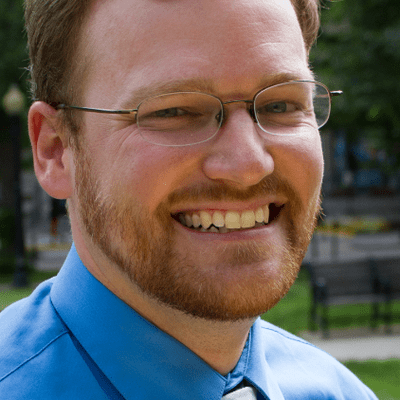Introduction
Sick of all the cash being pumped into this year’s election? Then the Green Party’s national convention held in Baltimore this past weekend may have been a refreshing change of pace. Not only does the party want to outlaw super PACs, it wants to do away with privately financed elections entirely.
On Saturday, the party nominated physician and author Jill Stein to be its presidential nominee. Stein won easily over actress Roseanne Barr, taking about two-thirds of the delegates’ votes.
“We need a new un-bought political party that can put people of integrity into office,” Stein said at the convention. “Voting for either Wall Street candidate — for [Republican] Mitt Romney or for [Democratic President] Barack Obama — gives a mandate for four more years of corporate rule.”
Stein has called for an abolition of the Electoral College, publicly financed elections with instant runoff voting and the elimination of “corporate personhood.”
In 2008, the Green Party garnered only about 0.1 percent of the vote. And to amend the U.S. Constitution, a two-thirds majority of both the U.S. House of Representatives and U.S. Senate are required and it must be adopted by three-fourths of the state legislatures.
In Congress, there are more than a dozen proposed amendments aimed at the U.S. Supreme Court’s Citizens United ruling, which allowed wealthy individuals, corporations and unions to spend unlimited funds on elections. Senate Judiciary Committee Chairman Patrick Leahy, D-Vt., has planned a hearing Tuesday.
Still, Green Party activists such as David Cobb, a lawyer from Texas who was the party’s presidential nominee in 2004, keep fighting. Cobb, who is also a leader of the advocacy organization, Move to Amend, made an hour-long presentation at the convention Friday about the initiative’s prospects.
Move to Amend’s roughly 200-word long amendment addresses two core principles: corporations are not people and money is not speech.
“Corporate personhood is the lynchpin for how the ruling elite have stolen our country from us,” Cobb said during his presentation in a classroom filled with more than fifty Green Party activists on the University of Baltimore campus.
Cobb argued that corporations need to be understood as artificial entities and subject to regulation, emphasizing that “limited liability is a privilege not a right.”
“I am not anti-corporation,” Cobb said. “Most businesses are not raping and pillaging the planet. Most businesses are not systematically oppressing workers. Most businesses are just going about the business of making goods and services available to other people.”
Scores of city councils have adopted resolutions supporting Move to Amend’s proposal, and voters in a handful of localities — from the liberal bastion of Boulder, Colo., to the conservative Milwaukee suburb of West Allis, Wis. — have passed ballot measures in a similar vein.
The Citizens United decision, handed down in January 2010, held that corporations (and unions) should be free to spend their treasury funds on election-oriented advertisements and that political ads that are not coordinated with candidates do not pose a threat of “corruption or the appearance of corruption.”
Cobb acknowledged that a constitutional amendment — which has sparked a contentious debate — is a “heavy lift.”
Nevertheless, he predicted success within the decade.
“We can amend the constitution in 10 years,” Cobb said.
“There are no shortcuts to movement building,” he continued. “If we are going to take ourselves seriously, it’s worth it.”
Read more in Money and Democracy
Money and Democracy
Third time not the charm for disclosure bill
Bill that would unmask funders of attack ads fails again
Money and Democracy
Daily Disclosure: RNC spends $5.1 million against Obama
Anti-Obama ad buy targets battleground states

Join the conversation
Show Comments